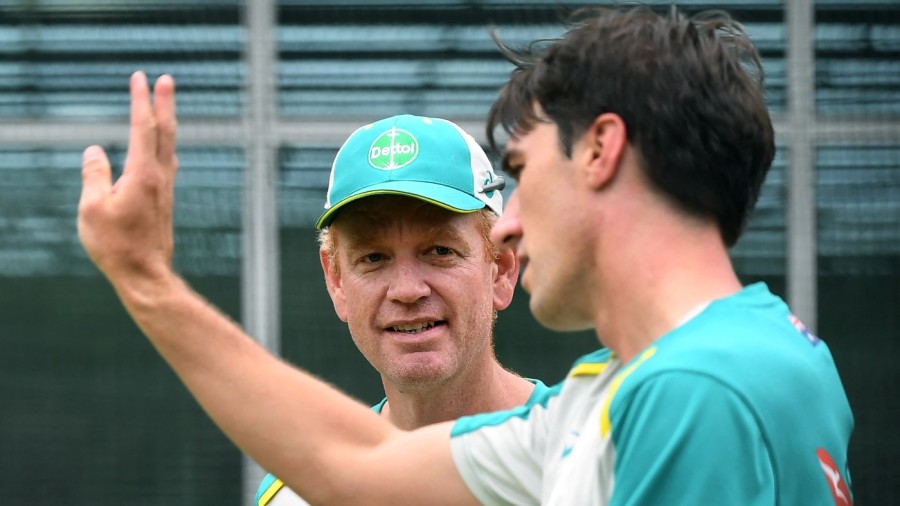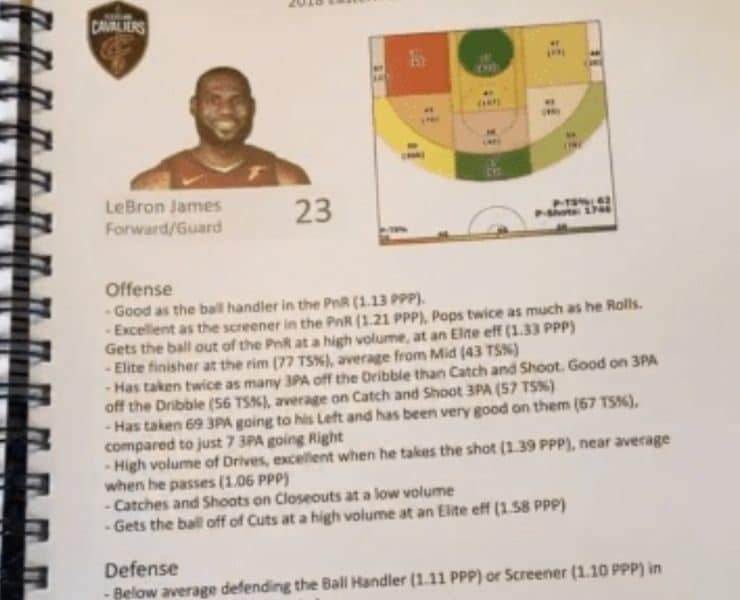[ad_1]

Australia coach Andrew McDonald believes they can avoid situations like Ben Stokes‘ ODI retirement and Trent Boult‘s New Zealand contract release by managing their multi-format players carefully.
Boult’s decision to walk away from his NZC contract on Wednesday was another example of the challenge national teams face with multi-format international players, especially when they are also in hot demand to play in lucrative T20 franchise leagues around the world.
Stokes’ decision to retire from ODI cricket last month sent alarm bells through the cricket world about the demands on multi-format players in regards to the schedule, and in particular for leaders in one or more of those formats.
Australia have been very careful with their management of Test captain Pat Cummins this year with McDonald saying that CA are keen to rest him and others when necessary to avoid them walking away from one or more formats.
“You can’t be everything to everyone and we’ve said that from the get-go,” McDonald told SEN. “We’ll manage our players on a needs basis and a priority basis. I think it’s disappointing to see Ben Stokes retire. Could they have managed him through that? We feel as though we can manage our players through all three formats.
“But that will mean missing the odd series here and there and we’ve got to be clear on what our priorities are and at the moment the priority for Pat is to get his body right for the summer, the World Cup and the Test matches, and being the captain as well we’ll probably err on the side of caution when it comes to big decisions.”
Cummins is being rested for Australia’s two upcoming home ODI series against Zimbabwe and New Zealand starting in late August but is set to be part of the short T20I tour to India before the World Cup. He was also rested from Australia’s limited-overs matches in Pakistan earlier this year to freshen up for the IPL and he was rested from the three-match T20I series against Sri Lanka which immediately followed the IPL.
David Warner and Mitchell Marsh were rested from a five-match home T20I series against Sri Lanka earlier in the year and Warner was also rested from the limited-over matches in Pakistan along with Josh Hazlewood and Mitchell Starc. Warner, Marsh and Hazlewood all played a full IPL season.
Australia’s next future tours program is likely to be jammed packed and the proliferation of franchise leagues has only heaped more pressure on international teams and players. McDonald was uncertain about where the game is going but he does believe there will still be strong interest in all three international formats, but that it may be cyclical, with some formats coming under pressure in non-World Cup years.
“The short answer is, I don’t know [where we are headed],” McDonald said. “If you reflect on the last 10 years, did you think we’d be here in this situation? The answer is probably no. The game has accelerated in the last 10 years, and what does it look like in the next 10 years? I’m not sure. What I will say is that Test cricket was under the pump 12 months ago and now one-day cricket is. Seems like we have three formats that are all trying to co-exist among a franchise-driven world.
“So I think the heat will come onto different formats at different times. One-day cricket is under the pump now. What does it look like in terms of a World Cup next year in India? I think it’s going to be big. Then it will become about T20 international cricket, is that relevant because it’s not a T20 World Cup year? I think it will bounce in and out of relevance in terms of the two white-ball formats.
“But I think the great thing for Test cricket is that it’s back. It’s back on the agenda. People are talking positively about it, and for a player to make a decision based around his longevity in Test cricket is a great reflection on how people view Test cricket right now. I think Test cricket is wonderful. It underpins the game and always has.”
[ad_2]




